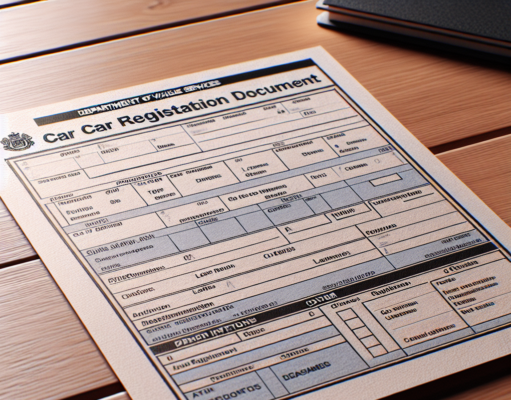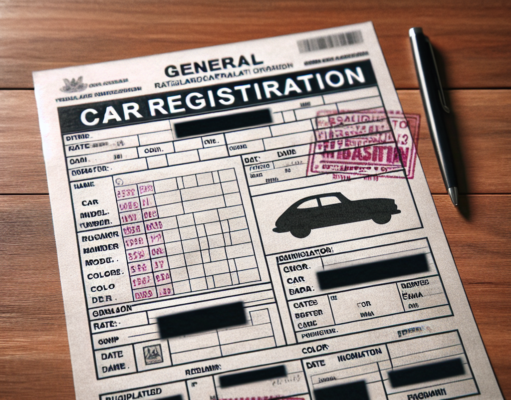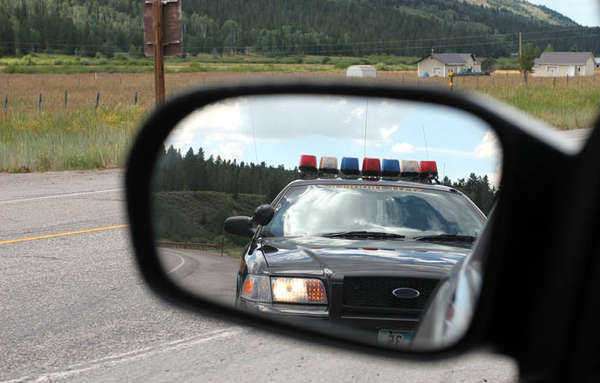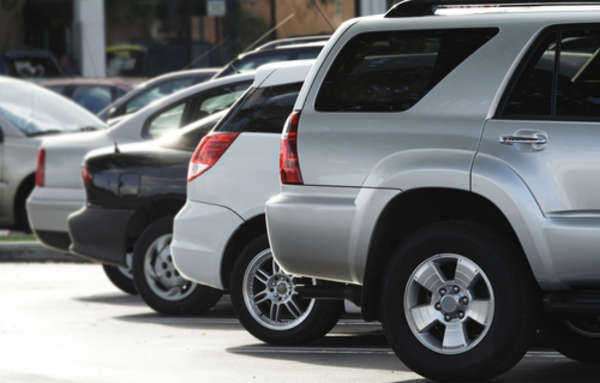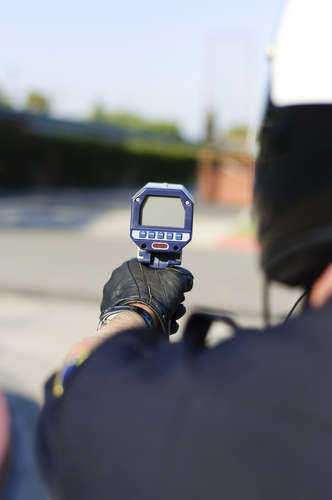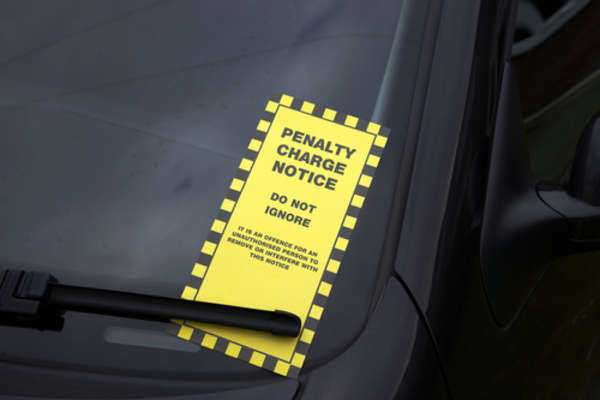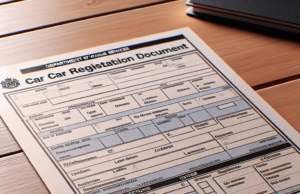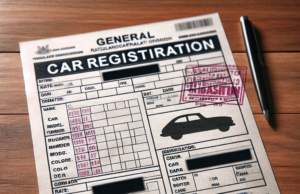Speeding Ticket Washington
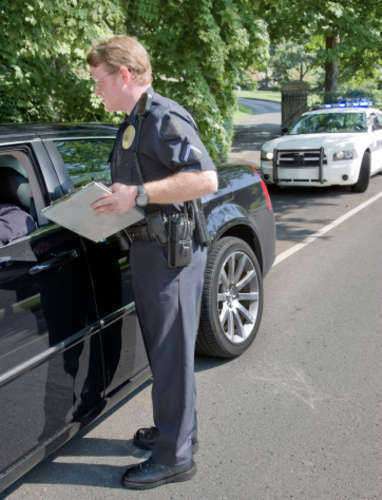
What are Washington’s Speeding Laws?
Washington State speeding law is governed by state law. The most basic type of speeding violations under Washington Law is given for Violation of the Basic Rule. Other Washington speeding laws are cited below.
Washington speeding laws state that no individual shall drive a vehicle on a road or highway at a speed greater than what is prudent and reasonable under the conditions and having regard to the potential and actual hazards existing. Except when a special circumstance or hazard exists that mandates lower speed, the limits specified below are the state’s maximum lawful speeds; no driver shall operate a vehicle on a highway at a speed in excess of these limits:
• Speeding ticket WA: Twenty-five miles per hour on town and city streets
• Speeding ticket WA: Fifty miles per hour on county roads
• Speeding ticket WA: Sixty miles per hour on state highways
In the majority of cases, a speeding ticket Washington is issued based on an alleged reading from a law enforcement officer’s Speed Measuring Device. The two most common devices used to detect speed in Washington are radar and laser.
Penalties for Speeding Tickets in Washington:
Fines for speeding tickets in Washington will vary based on the court system. Questions concerning your fine amount must be directed to the court listed on your speeding ticket Washington. In addition to the fine attached to your speeding ticket Washington, you will also be charged various assessment fees that typically exceed the original fine. These fees are used to fund several state programs and projects.
When you receive speeding tickets Washington, you will be given two basic options: you can pay the ticket by pleading no contest or guilty or you may fight the ticket by pleading not guilty. These please are delivered in the court responsible for hearing your case—the court is labeled on your speeding ticket Washington.
Paying the Speeding Ticket Washington:
When you pay the speeding ticket Washington you agree to pay the fine associated with the citation. When you receive the speeding ticket Washington, you will notice the following three options attached to the citation:
• Speeding ticket WA: Request a mitigation hearing
• Speeding ticket WA: Request a contested hearing
• Speeding ticket WA: Make Payment
If you choose to ignore the Washington traffic ticket (15 days are given to respond to the Washington traffic ticket), the Washington Department of Licensing will send you a formal Notice of Suspension. This notice will give you 45 days to respond. If you ignore this notice, your Washington driver’s license will be suspended until you appear before the court.
Under this scenario you can plea your penalties (fight the amount of the citation or the associated penalties that will be reflected on your driving record). When pleading guilty, you must also understand that your insurance rates can rise.
Depending on the court system, you may be able to fulfill your speeding ticket Washington’s fee: online, by phone, in person or through the mail.
Frequently Asked Questions Associated With Washington Speeding Tickets:
Does the State of Washington Utilize a Point System?
• Speeding ticket WA Law: There is no point system in the state of Washington
Can I lose my driving privileges if I receive too many Washington Speeding Tickets?
• Speeding ticket WA Law: The state of Washington will suspend your license if you are cited for six traffic violations in a 12-month period
Can I Dismiss a Speeding Ticket Washington?
• Speeding ticket WA Law: You typically cannot have a speeding ticket Washington dismissed; however, if ruled eligible, you can have the ticket deferred. This option may be accessed once every seven years.
Are all Speeding Tickets Washington the same?
• Speeding ticket WA Law: No! Fines associated with speeding tickets Washington will vary based on the severity of the offense and the issuing county. All fine amounts will be posted on the actual speeding ticket Washington. To learn about the fines, you should call the district or municipal court listed on your ticket.
Should I Hire a Washington Traffic Ticket Attorney?
• Speeding ticket WA Law: If you plan on fighting your Washington traffic ticket attorney, the inclusion of a Washington traffic attorney will improve your chances for a favorable ruling. A favorable ruling, in this regard, could yield reduced charges or a ticket deferral. Legal aid can ultimately spare you from the loss of driving privileges and increased auto insurance rates.

